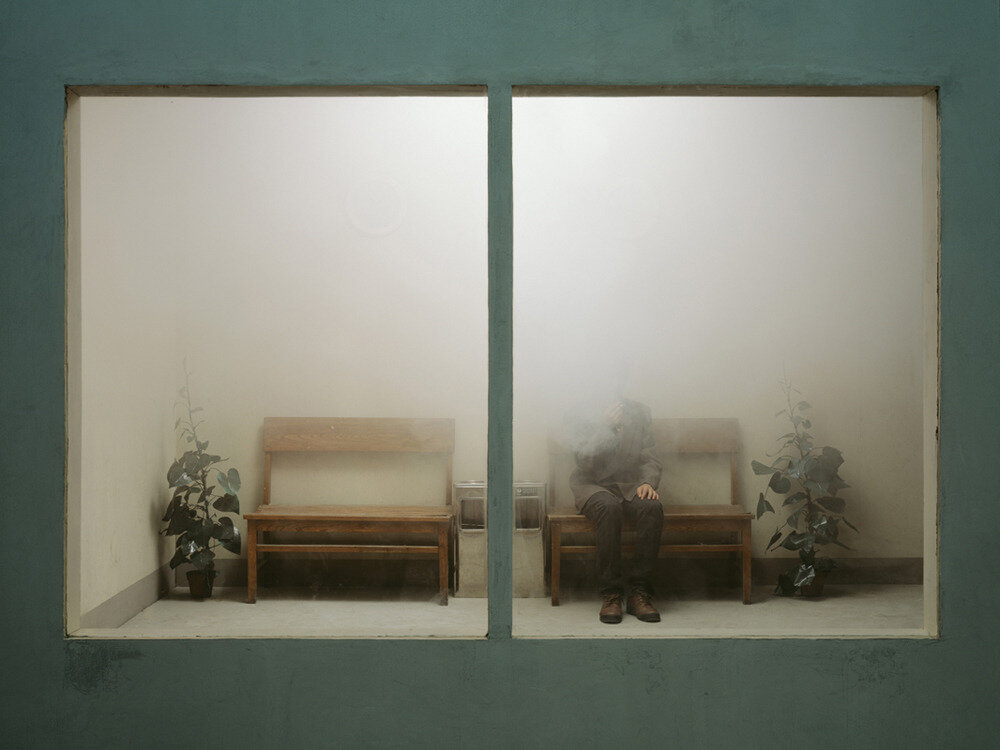moral character as the key to identity in aeon:
“I inquired what kind of change would render her unrecognisable. My friend responded without hesitation: ‘If she stopped being kind. I would leave her immediately.’ He considered the question a few moments more. ‘And I don’t mean, if she’s in a bad mood or going through a rough time. I’m saying if she turned into a permanent bitch with no explanation. Her soul would be different. This encounter is instructive for a few reasons (not least of which is the intriguing term ‘permanent bitch’) but let’s start with my friend’s invocation of the soul…”
self, art and buddhism in the la review of books
“If you’ve ever sat through a silent 10-day meditation retreat, you know the spectacle that is the human mind — the monkey mind (as the Buddhists call it), the clamoring mind; the memories rising, relentlessly, one after another, the sheer acrobatics of thinking. According to certain meditation practices, samsara is the story we create of experience. It is the mechanism of the mind that interprets sensation and turns it into narrative. But we suffer, the thinking goes, because we react to sensation based on these stories. One teacher describes samsara, first, as a line in the sand — erased easily by the rising tide. The danger, he warns, is that over time such lines become as permanent as grooves etched into stone. It’s not just that our stories lack flexibility or nuance, but that they ultimately create a phantom self — a limiting and faulty version of who we are based on past events, with an ego that eclipses our ability to observe the world in the present moment. This, according to the ancients, is the cause of our misery; the alternative, however — the dissolution of ego — is a threatening paradigm for any person to consider, let alone one who has devoted her life to art.”
“When you say "mother” or “father” you describe three different phenomena. There is the giant who made you and loomed over your early years; there is whatever more human-scale version might have been possible to perceive later and maybe even befriend; and there is the internalized version of the parent with whom you struggle- to appease, to escape, to be yourself, to understand and be understood by-and they make up a chaotic and contradictory trinity.“
Rebecca Solnit, The Faraway Nearby
psychosis, insight, self-image and reality in the new yorker
“In 1886, the hospital’s superintendent described psychosis as "a waking dream, which, if not broken in upon, works mischief to the brain,” and wrote that the goal of treatment was to “interfere with this world of self – scatter its creations and fancies and people it with objects and thoughts foreign to its own.””
“In her book "Refusing Care,” [Elyn] Saks calls the method “self-paternalism,” and argues that there are few other scenarios in which psychiatrists should forcibly impose treatment that intrudes on the privacy of people’s own minds. A widely cited justification for compulsory treatment is the “thank-you theory,” which assumes that patients will retroactively agree that intervention was in thier best interests. But only about half of patients who have been involuntarily hospitalized subsequently say that they needed treatment. “We should not be in the business of choosing selves,” Saks writes. It’s impossible to determine whether a mental illness has altered someone’s preferences, or whether that person has simply changed.“
Neuroscientist V.S. Ramachandran on mirror neurons and the self
“For the longest time people have regarded science and humanities as being distinct. C.P. Snow spoke of the two cultures: science on the one hand, humanities on the other; never the twain shall meet. So, I’m saying the mirror neuron system underlies the interface allowing you to rethink about issues like consciousness, representation of self, what separates you from other human beings, what allows you to empathize with other human beings,and also even things like the emergence of culture and civilization, which is unique to human beings”.
VS Ramachandran, The Neurons That Shaped the Civilization, www.ted.com













